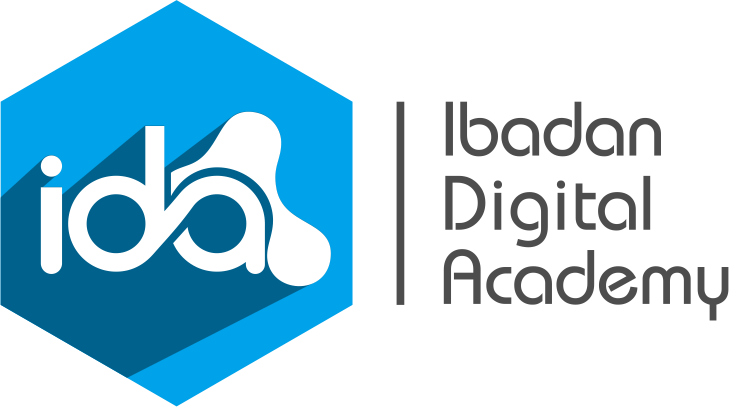In today’s fast-paced digital world, Agile Product Management has emerged as a vital methodology for adapting to changing customer needs. This approach prioritizes flexibility, customer collaboration, and iterative development, allowing product managers to respond swiftly to market demands and deliver high-quality products that resonate with users.
IDA Insight on Agile Practices
Agile practices are gaining traction across Africa, with a notable increase in technology hubs like Nigeria’s Yaba and Kenya’s Silicon Savannah. In these regions, startups and established companies alike recognize the value of Agile Product Management in navigating the unpredictable market landscape. The ability to pivot based on real-time feedback is crucial, given the diverse and evolving consumer base across the continent.
For instance, Nigerian fintech companies are leveraging Agile methodologies to address unique financial inclusion challenges and cater to a tech-savvy youth demographic. By adopting Agile, these companies can iterate rapidly, ensuring their products remain relevant and valuable to consumers.
Actionable Steps for Individuals and Businesses
1. Embrace a Customer-Centric Mindset: Regularly engage with customers to gather feedback and understand their evolving needs. Use this information to refine product features and ensure alignment with user expectations.
2. Implement Iterative Development: Break down projects into smaller, manageable sprints. This allows teams to focus on delivering incremental improvements, making it easier to adapt to changes without significant resource allocation.
3. Foster Cross-Functional Collaboration: Encourage open communication between different departments, such as marketing, development, and customer support. This collaboration ensures that everyone is aligned and working towards a common goal.
4. Invest in Agile Training: Equip your team with the necessary skills and knowledge by investing in Agile training programs. This will help them understand Agile principles and how to apply them effectively in their roles.
5. Leverage Agile Tools: Utilize Agile tools like JIRA, Trello, or Asana to manage tasks, track progress, and maintain transparency within the team. These tools facilitate efficient workflow management and foster collaboration.
Agile Product Management is critical for driving innovation and sustainable development, particularly in dynamic markets like Africa. By adopting Agile practices, businesses can not only enhance their product offerings but also stay ahead of the competition. The iterative nature of Agile ensures that products evolve in line with customer needs, fostering long-term growth and customer loyalty. Embracing Agile is not just about keeping up with trends; it’s about setting the pace for future innovations and sustainable business practices.
For further reading, explore sources like the [Agile Alliance](https://www.agilealliance.org/) for comprehensive insights into Agile methodologies and best practices.




















Odeyale Henriette Iyabo
“This article brilliantly demystifies the National Skills Qualification (NSQ) and its pivotal role in enhancing employability in Nigeria. It’s inspiring to see how NSQ accommodates diverse learning paths, be it formal education, apprenticeships, or self-taught skills, making certification accessible to all. Kudos to Ibadan Digital Academy for championing such transformative initiatives that bridge the skills gap and empower individuals across various sectors. Truly, a commendable stride towards national development!”